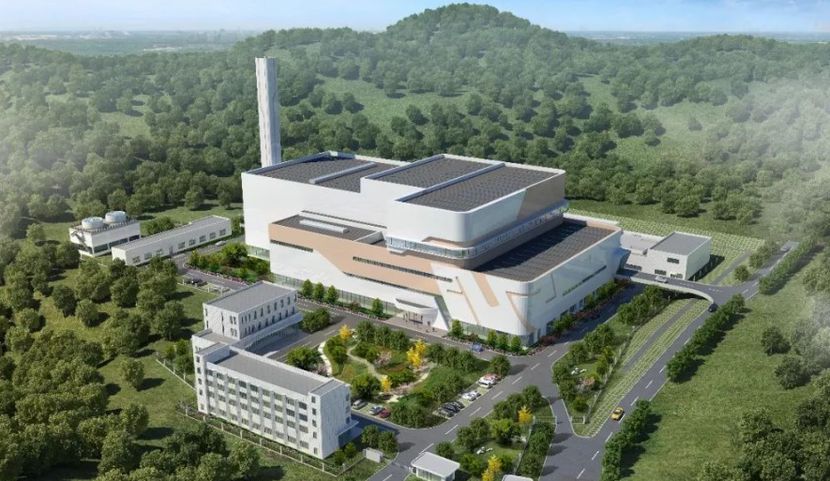Indonesia's Golden Age of Waste-to-Energy, 120 Companies Compete for the

Indonesia's waste-to-energy industry is in a golden age, with President Prabowo signing Presidential Decree No. 109 of 2025 on October 10, and the industry being activated by the official announcement on the 14th, with 120 companies having signed up to participate, of which 54 are international, covering China, Japan, Singapore, Germany, the Netherlands and other countries.
The key change in the presidential decree is the restructuring of the waste-to-energy money-making model from the previous "two incomes" of "electricity sales + government subsidies or tipping fees" to the exclusive purchase of electricity by the national power company, PLN, with a fixed $0.20 per kWh and a 30-year contract and All project bidding and coordination is handled by Danantara, the country's sovereign investment agency.
Four key changes in policy
1, more stable income, the enterprise can make a profit only by selling electricity, the abolition of tipping fees, PLN power purchases if the average cost of their own rise, the state will compensate, the profitability of the enterprise is clear.
2, the bank is more willing to grant loans, bidding process is smoother, by the centralized management, Danantara is responsible for selecting the project, to engage in bidding can also be funded as shareholders, to avoid the local government to do their own thing.
3, the local government has a clear responsibility, only responsible for the granting of land, garbage transport, to ensure that at least 1,000 tons of garbage per day supply, supply can not be compensated according to the agreement of the enterprise.
4, the price of electricity is attractive, 0.2 U.S. dollars / degree price is higher than the current photovoltaic power plant price of 0.12-0.15 U.S. dollars / degree, recognizing the garbage power generation "public service + energy production" double value.
Financing and foreign investment
After the policy was clarified, funds poured in and foreign investors were highly motivated. In July this year, Danantara has signed a cooperation agreement with the Japan Bank for International Cooperation (JBIC), which involves low-carbon recycling economy and infrastructure, opening the way for Japanese capital and technology to enter the country, and other countries' cooperation will follow.
Project Investment and Advancement Plan
The Indonesian government plans to build waste-to-energy projects in 33 cities, with a total investment of about $5.5 billion (Rp 91 trillion). It will not be fully rolled out at this time, but will first be piloted in 10 cities to advance steadily.
Progress in selected cities
Jakarta has taken the lead with a planned waste-to-energy plant capable of processing 2,500-3,000 tons of waste a day and generating 35 megawatts of electricity, and plans to build 4-5 such plants at the same time, with local officials saying that there is a tariff of $0.2/kWh and that they can operate without tipping fees. Previously, the Benowo plant in Surabaya and the Putri Cempo plant in Solo have been in operation, accumulating experience in engineering and operation, which can be used as a model for new projects nationwide.
summarize
Presidential Decree No. 109 of 2025 has transformed Indonesia's waste-to-energy generation from a "small-scale pilot" to a "formal category that can be safely invested in", with current tariffs, buyers (PLN), and bidders (Danantara) determined, and international funding already in place. The key to follow up is to do a good job in the integration of the "waste treatment system" and "power generation system" to ensure stable operation for 30 years, for investors concerned about Indonesia's infrastructure and energy transition, now is the policy and funds are in place for the "golden window". "Golden Window".

